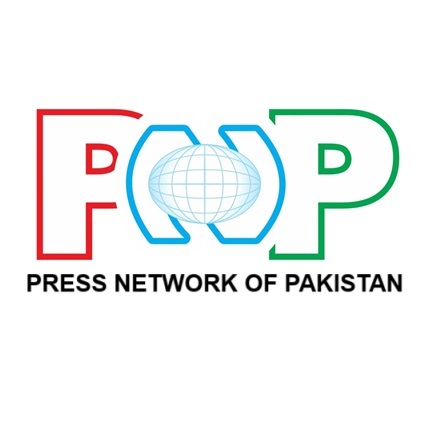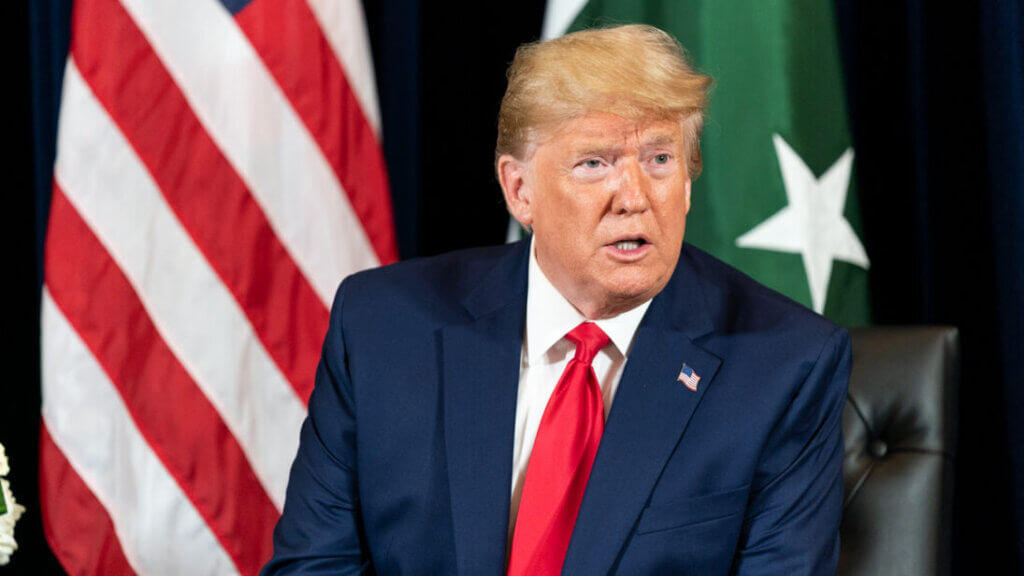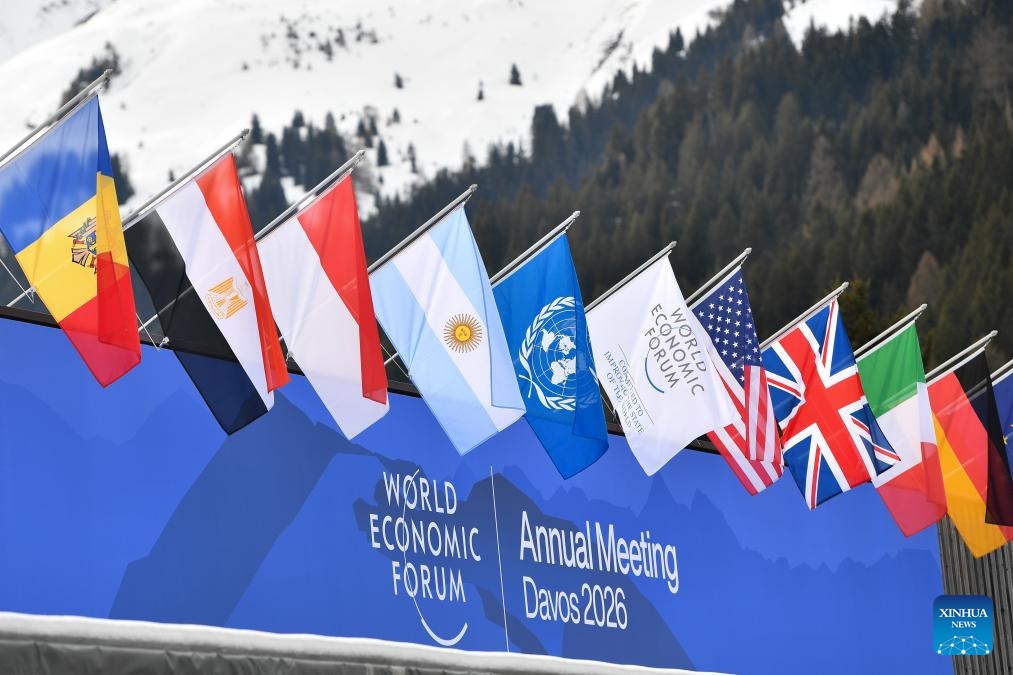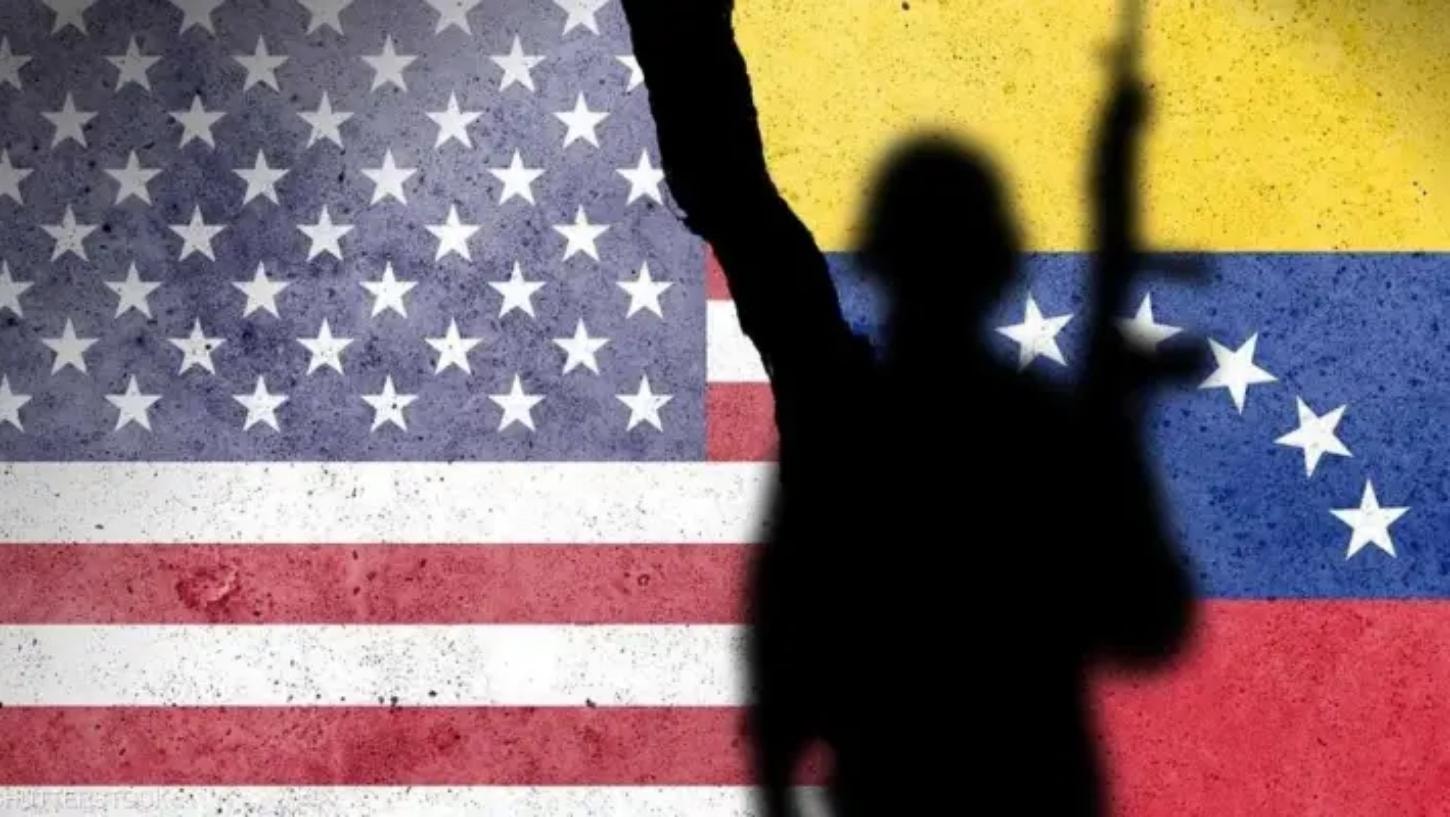The Gaza conflict has entered its third year with unimaginable human suffering, economic collapse, and regional instability. Amid this prolonged crisis, the U.S. President Donald Trump’s 20-point Gaza Peace Plan—though controversial—emerges as one of the few comprehensive frameworks that could actually bring an end to the bloodshed. While skepticism is understandable, Pakistan and the broader Muslim world should view this plan not through the lens of ideology, but through the prism of opportunity.
Below are the major reasons why Pakistan should support Trump’s Gaza Peace Plan — diplomatically, strategically, and morally.
1. A Humanitarian Imperative
At the heart of Pakistan’s foreign policy lies support for oppressed peoples, particularly the Palestinians. The Gaza war has created one of the world’s worst humanitarian disasters. If Trump’s peace plan delivers even a partial ceasefire or opens the way for international humanitarian aid, it would save thousands of lives. Supporting it would demonstrate that Pakistan prioritizes humanity over politics, which would strengthen its moral credibility worldwide.
2. Diplomatic Leverage and Global Visibility
By endorsing or engaging constructively with Trump’s plan, Pakistan could reposition itself as a responsible international player in peace diplomacy. In the past decade, Pakistan’s role in Middle East politics has been largely reactive. This plan gives Islamabad a chance to become part of a proactive regional dialogue, working with countries like Qatar, Saudi Arabia, and Turkey to shape the post-war political structure in Gaza.
Active engagement would give Pakistan a seat at the table in shaping narratives around peace, rather than being a bystander.
3. Realpolitik and Strategic Balancing
Pakistan’s foreign policy increasingly revolves around maintaining strategic balance between the U.S., China, and the Muslim world. Supporting the Trump plan—especially if it gains traction internationally—could help Pakistan strengthen its ties with a potential future U.S. administration without compromising its moral stance.
As per Trump plan, early diplomatic endorsement could place Pakistan in a favorable position for trade, security cooperation, and diplomatic goodwill. Pakistan has often suffered from aligning too late with global shifts; this is a chance to act early and smartly.
4. A Bridge Between the Muslim World and the West
The Muslim world’s response to Gaza has been fragmented. Some nations focus on protests, others on diplomacy, and many remain silent. Pakistan—given its credibility in both Western and Islamic circles—can act as a bridge that promotes engagement over confrontation.
Supporting the peace plan doesn’t mean unconditional acceptance. It means constructive participation, helping shape its implementation to ensure justice for Palestinians. This approach aligns with Pakistan’s diplomatic identity as a moderate, peace-seeking Islamic power.
5. Economic and Humanitarian Gains
Peace in Gaza would open pathways for reconstruction contracts, humanitarian partnerships, and regional trade—areas where Pakistan’s expertise in development and peacekeeping could play a role. Islamabad could contribute engineers, medical teams, and NGOs to Gaza’s rebuilding efforts, improving its global image while fostering economic opportunities.
Such engagement would project Pakistan not merely as a critic, but as a builder of peace.
6. Strengthening Pakistan’s Moral Position on Kashmir
Supporting peace and self-determination in Palestine reinforces Pakistan’s moral consistency when it advocates for similar principles in Kashmir. If Pakistan opposes every Western-backed peace proposal by default, it risks appearing ideologically rigid.
By supporting a pragmatic peace framework in Gaza, Pakistan demonstrates that its commitment to justice is principled, not political.
7. Restoring the Muslim World’s Credibility
For decades, Muslim nations have condemned Israel’s actions but failed to present unified alternatives. Trump’s plan, while imperfect, provides a starting point. If Pakistan and other Muslim countries collectively engage with the framework—pushing for fairer terms for Palestinians—they can reclaim diplomatic agency rather than letting Western powers dictate outcomes.
Supporting the plan doesn’t mean submission; it means participation with purpose.
8. From Protest to Policy
The Muslim world, including Pakistan, has spent years expressing outrage over Gaza without meaningful results. Trump’s plan allows a transition from rhetoric to results.
By helping refine and implement it, Pakistan could convert emotional solidarity into policy-level influence, shaping actual change on the ground.
Conclusion: Pragmatism is Not Betrayal
Supporting Trump’s Gaza Peace Plan doesn’t mean blind endorsement of U.S. interests. It means recognizing a rare opportunity for dialogue in a war that has already destroyed two generations. If Pakistan plays its cards wisely, it can advance humanitarian, diplomatic, and strategic goals—all while staying true to its historic support for Palestine.
As history shows, peace is never perfect, but every imperfect peace is better than a perfect war. Trump’s plan—controversial though it may be—offers the first real path in years that blends political realism with humanitarian urgency.
For Pakistan, supporting peace is not submission — it’s statesmanship.

Dr. H. Zafar is a distinguished writer and analyst associated with Press Network of Pakistan as Associate Editor. With a strong academic background and years of research experience, she brings depth, clarity, and analytical rigor to her writings.



